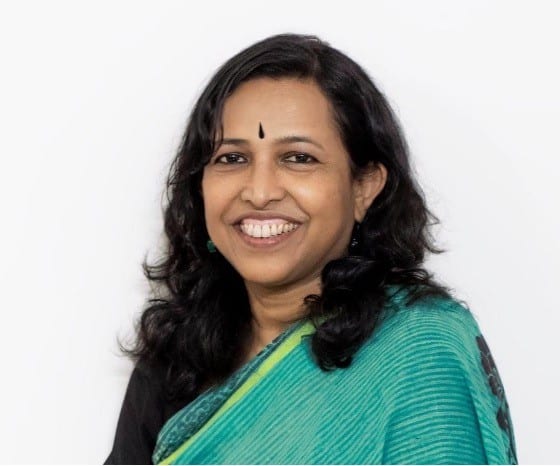
Dr. Malabika Sarker is a Professor of Practice of behavioral and social science at Brown School of Public Health, Brown University, USA. Professor Sarker is an implementation researcher and a mixed-method expert. She is a physician with a Master’s in Public Health from Harvard University, the USA, and a Doctorate in Public Health from the University of Heidelberg, Germany. In her 34-year public health career, she spent ten years implementing community-based programs at BRAC, the world’s largest NGO. She has taught across four continents and has extensive research experience in Sub-Saharan Africa and Bangladesh. She teaches implementation science courses at Brown University, USA, and BRAC University of Bangladesh for graduate students. She has published 137 peer-reviewed articles and five book chapters. Her Global presence spans across the continents. She is one of the directors of the Board at CUGH (Consortium of Universities in Global Health), an international advisory board member of The Lancet Global Health, an Evaluation Advisory Committee Member of Gavi, the Vaccine Alliance, National Institute of Health Research UK, Chair of the Advisory Board of the HRP Alliance for Research Capacity Strengthening (RCS) and editorial board member Implementation Science Communications Journal. She previously served as a Metrics for Measurement USA board member, World Federation Public Health Association, and Medical Research Council UK. Prof Sarker was awarded the “Heroines of Health” global award in 2018. Before joining Brown SPH, Prof. Sarker was the Associate Dean & Professor of BRAC James P Grant School of Public Health, BRAC University, Bangladesh. Prof. Sarker founded the Institute Review Board (IRB) and the Center of Excellence of Science of Implementation & Scale-Up (SISU) at BRAC JPGSPH and led it for six years.
Why you are interested in serving on GIS board and the contributions you hope to make:
The Global Implementation Society (GIS) stands out as a unique organization due to several distinguishing factors, especially its global scope, which fosters collaboration, exchanges knowledge, and addresses implementation challenges across diverse contexts and settings worldwide. It also focuses on skill development, community building, and an interdisciplinary approach to science and practice. As a Global Implementation Science Board member with an extensive and holistic background, I can contribute significantly to advancing and promoting implementation science. In my experience as a leader in academia and my extensive network across continents with academic institutions, governmental agencies, NGOs, and international organizations to promote knowledge exchange and collaboration, I could contribute to expanding the strategic direction for advancing implementation science globally. Drawing upon my experience in establishing and leading the Center of the Science of Implementation to promote capacity-building initiatives, I could foster training programs, workshops, and resources to support researchers, practitioners, and policymakers. Finally, traditional monitoring and evaluation (M&E) frameworks often overlook the implementation processes and contextual factors influencing program success. Being a member of GIS, I would like to promote and advocate for integrating implementation research into M&E frameworks to enhance understanding of implementation dynamics and improve decision-making processes.
